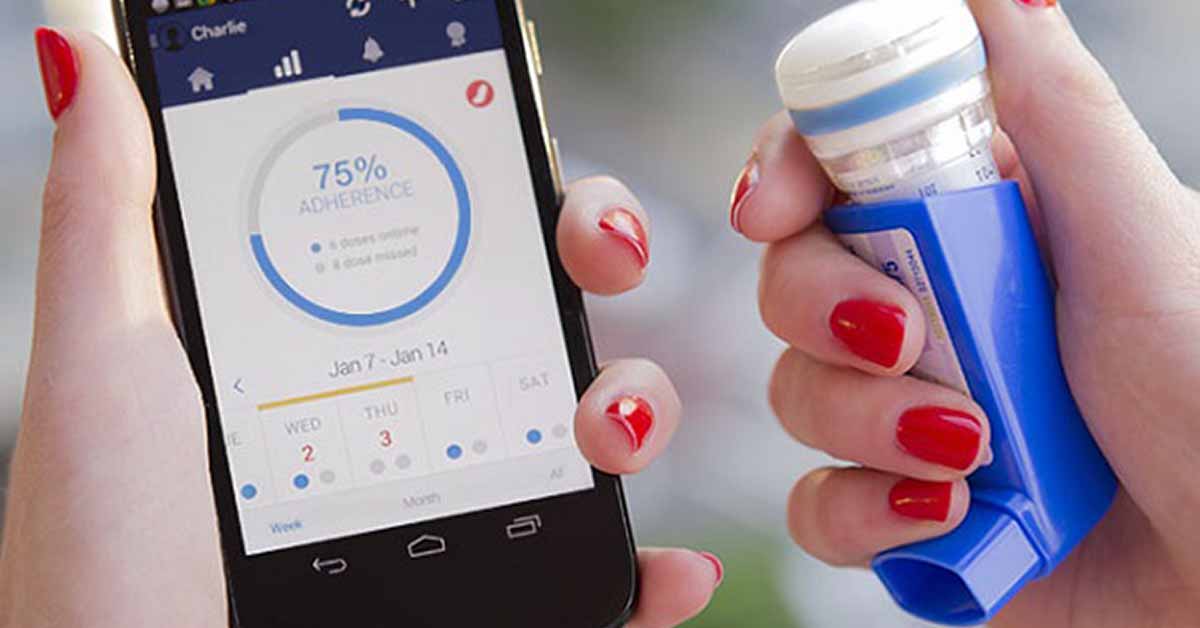An estimated 25 million Americans suffer from asthma, most of whom have been prescribed inhalers to treat and prevent asthma attacks. For those with moderate to severe asthma, treatment often requires daily use of inhaled “controller” medications such as corticosteroids.
According to a study recently published in the journal Pediatrics, Bluetooth-connected asthma inhalers combined with monitoring by healthcare providers can help improve medication adherence and support children with asthma.
The study — conducted via questionnaires from Northwestern and Lurie Children’s Hospital in collaboration with UnitedHealth Group — showed that sensor-based inhaler monitoring can help improve patient asthma control and caregiver quality of life by enabling healthcare providers to intervene sooner before patients become seriously ill.
After one year, average asthma scores amongst the children that received the intervention improved by 10.1% with the greatest improvement among non-Hispanic Blacks. After the first month and continuing through the study, caregivers reported improvement to their quality of life thanks to greater ease of asthma management.
Said Dr Ruchi Gupta, Study Lead and Professor of Pediatrics, Feinberg School of Medicine, Northwestern University:
Emerging connected technologies can help improve patient health, with this randomized-controlled clinical trial showing that pediatric asthma patients with access to inhaler sensors report better asthma control and quality of life than patients who only received a standardized asthma education curriculum.
The year-long study observed 252 children with moderate to persistent asthma recruited from five clinics, 24% of which were non-Hispanic White, 23% non-Hispanic Black and 40% Hispanic. 60% were on public insurance. Assessments were given at enrollment and every three months.
Said Dr Deneen Vojta, Chief Physician Executive for Optum Labs (a unit of UnitedHealth Group):
This study is another clear example that digital health is here to stay, as it allows for us to stay connected to patients living with chronic disease, provide a level of automated watchfulness, and intercept disease in a timely manner. This is a terrific example of moving from the best care out there today to the best care possible.






